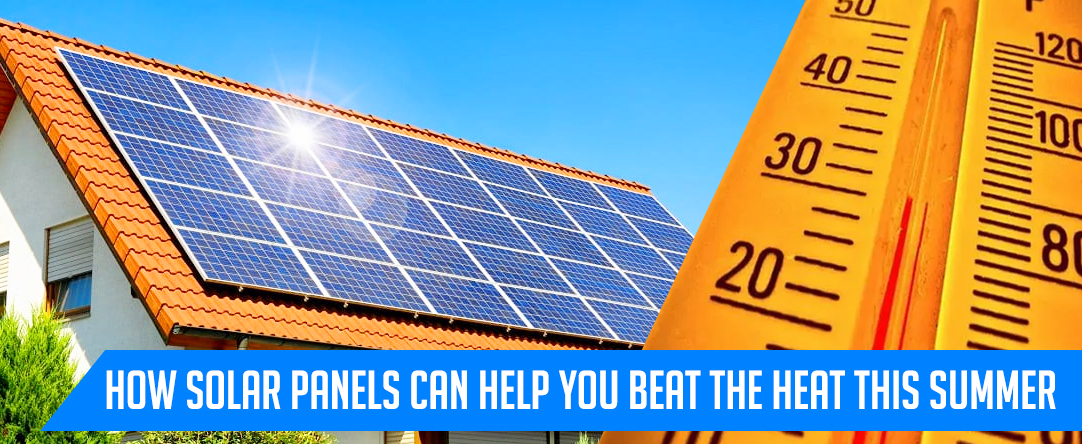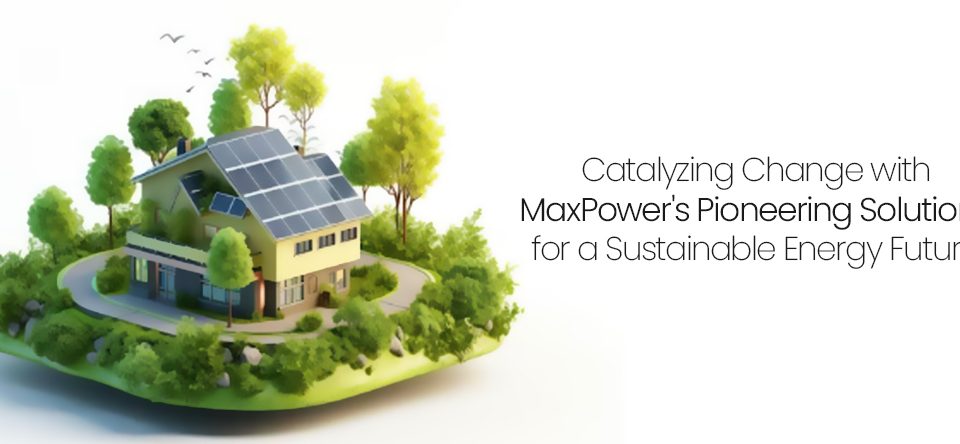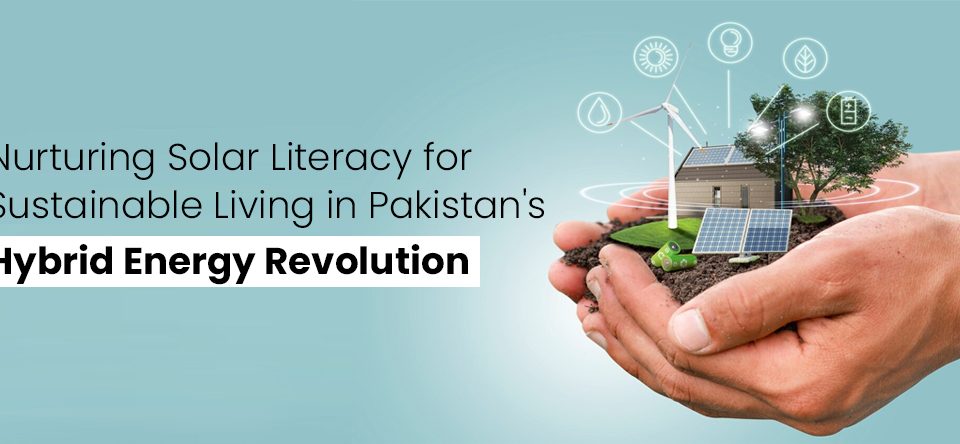
Solar Power: The Ultimate Resilience Tool against Natural Disasters
April 27, 2023
Solar Energy and Summer Storms: The Perfect Match for Reliable Power
April 28, 2023As temperatures rise globally, finding energy-efficient solutions to beat the heat becomes increasingly essential. Solar panels have become a popular solution for reducing energy costs and decreasing carbon footprint. This article will explore the science behind solar energy, the benefits of solar panels in the summer, how to assess your solar potential; maximize solar energy production, financing options, the impact on home value and emergency preparedness, and the future of solar energy.
The summer months can be unbearable, especially when temperatures soar. Traditional air conditioning systems can be expensive and contribute to greenhouse gas emissions. Solar panels provide an alternative solution that can help you save money on energy costs while reducing your carbon footprint. The purpose of this article is to explore how solar panels can help you beat the summer heat.
The Science of Solar Energy
Solar panels convert sunlight into energy through the use of photovoltaic cells. The cells absorb photons from sunlight, which excites electrons in the cells, generating electricity. The electricity produced can be used to power homes and businesses.
Understanding energy production and consumption is crucial to maximizing the benefits of solar panels. Solar panels produce energy during the day when sunlight is available. The excess energy produced can be stored in batteries for later use. The stored energy can power homes and businesses during high energy consumption, such as in the summer.
The Benefits of Solar Panels in Summer
Reduced energy costs are one of the most significant benefits of using solar panels in the summer. Air conditioning units can drive up energy bills during the hottest months of the year, but solar panels can offset these costs. By producing your electricity, you can reduce your dependence on the grid and save money on energy costs.
In addition to saving money, solar panels also provide increased energy independence. By producing electricity, you are less reliant on energy providers, which can be especially important during power outages or emergencies. Solar panels also have environmental benefits, as they produce clean energy and reduce greenhouse gas emissions.
Assessing Your Solar Potential
Before installing solar panels, it’s essential to assess your solar potential. Factors to consider include:
- Evaluating the sunlight your home receives.
- Determining your energy needs.
- Understanding your state’s solar policies.
Evaluating the sunlight your home receives is essential to maximizing solar energy production. Homes that receive more sunlight throughout the day can produce more energy. Understanding your energy needs is also necessary, as this will determine the number of solar panels required to meet your needs.
Understanding your state’s solar policies is also crucial when assessing your potential. Some states offer incentives for homeowners who install solar panels, while others may restrict solar panel installations.
Maximizing Solar Energy Production
Maximizing solar energy production can help you get the most out of your solar panels. Adding battery storage can ensure that excess energy produced during the day is available during high energy consumption periods, such as summer. A solar inverter can also maximize energy production by converting DC energy produced by solar panels into AC energy used by homes and businesses.
Minimizing shading is another way to maximize solar energy production. Trees or buildings that block sunlight from reaching solar panels can decrease energy production. Minimizing shading can be achieved by trimming trees or strategically placing solar panels.
Solar Panel Financing
Solar panel installation can be costly, but financing options are available to make it more accessible. Understanding the costs of solar panel installation is crucial when It can be expensive, but financing options are available to make it more accessible. Understanding the costs of solar panel installation is vital when considering financing options. Loans and leasing options are available, and the potential return on investment should also be considered.
Solar Panels and Home Value
Solar panels can increase the value of your home. Homes with solar panels have been shown to sell faster and for higher prices than homes without solar panels. This is because solar panels are seen as an investment in energy efficiency and can save homeowners money on energy costs.
Selling your home with solar panels can also be an advantage. The transfer of solar panel ownership can be complicated, but resources are available to make the process easier.
Solar Panels and Emergency Preparedness
Using solar panels during power outages can be a lifesaver. Solar panels can provide electricity when the grid goes down with battery storage and an inverter. This can be especially important during extreme weather events that cause power outages.
Preparing for emergencies with solar panels involves having a plan in place for utilizing solar energy during times of crisis. This includes having a backup generator or battery storage and knowing how to use it.
The Future of Solar Energy
Advances in solar technology are making solar energy more accessible and efficient. New solar panel designs and materials are increasing energy production while reducing costs. The potential for solar-powered transportation is also being explored, which could significantly reduce carbon emissions.
The impact of solar energy on the environment and economy is significant. The widespread use of solar power has the potential to reduce greenhouse gas emissions, decrease dependence on non-renewable energy sources, and create jobs in the solar energy industry.
Wrapping it up
Solar panels can help you beat the heat this summer while reducing energy costs and carbon footprint. Understanding the science of solar energy, the benefits of solar panels in the summer, assessing your solar potential, maximizing solar energy production, financing options, the impact on home value and emergency preparedness, and the future of solar energy are all crucial factors to consider when deciding whether to install solar panels.
Solar panels offer a sustainable and cost-effective solution to beating the summer heat while contributing to a more sustainable future.




